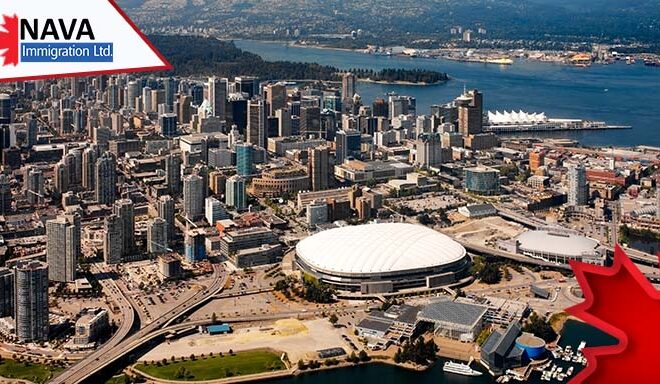Overview of Canada’s Recent Immigration Ministerial Meeting
Recently, Marc Miller, Canada’s immigration minister, met with provincial and territorial immigration ministers to discuss shared priorities for Canada’s immigration future. The meeting was held in Montreal on May 10. Find more details on Canada’s Recent Immigration Ministerial Meeting.
Understanding the Federation of Ministers Responsible for Immigration (FMRI)
The federal, provincial, and territorial immigration ministers form the Federation of Ministers Responsible for Immigration (FMRI).
The FMRI in Canada is a decision-making organization dedicated to ensuring an effective immigration system. It aims to advance shared immigration priorities and improve immigration policies and programs in Canada.
FMRI meetings occur twice a year to help immigration ministers discuss immigration priorities and work with colleagues. Prior to this, the last FMRI meeting occurred in November 2023.
In yesterday’s meeting, the Minister emphasized that the discussions were generally constructive and fruitful. In addition, they noted that more work needed to be done, especially within the context of Canada’s international student program.
Key Takeaways of Canada’s Recent Immigration Ministerial Meeting
The following are the two main focuses of Canada’s recent immigration ministerial meeting. Here are the details on each.
International Students to Canada
The immigration minister said that this has been an uncertain year for the student program as it has experienced several changes since January.
The notable changes are:
- A cap on the number of international student applications by IRCC;
- Introduction and requirement of Provincial Attestation Letters (PALs) by students; and
- Updates to eligibility requirements for Post-Graduation Work Permits (PGWPs).
Additionally, the Minister stated that some of the provinces and territories had asked IRCC to consider extended PGWPs for graduates of two major sectors with an aging workforce, i.e., healthcare and trades professions.
Moreover, Minister Miler announced that IRCC is currently working on a PR pathway for workers skilled in the construction profession. He cited the existing Express Entry category for candidates under trades occupations.
But, as per the latest Access to Information request (ATIP) data, around 5% of invitations will be issued under this category in 2024 category-based Express Entry draws.
Furthermore, many of these professions need provincial certifications. The Minister further stated that similar to earlier meetings, provinces are trying to “cut the red tape” around the process. This will help newcomers work in their desired fields faster. Notably, foreign credential recognition is a provincial duty.
The New Temporary resident levels in the Immigration plan
Since IRCC declared various new measures and policies regarding temporary resident levels in Canada, this ministerial meeting was the first conference.
In particular, IRCC declared its intention to introduce the temporary resident levels to the annual Immigration Levels Plan earlier this year.
According to Minister Miller, these targets will work as “soft cap” on the number of temporary residents for the next three years. The temporary residents are foreign nationals in Canada on work or study permits, as well as visitor visas.
Currently, as per the data, temporary residents make up 6.2% of Canada’s total population. Notably, these targets will reduce this number to 5% over the next few years.
Moreover, the Minister stated that more precise data sharing between provinces, territories, and the federal government was required. This will help governments plan accordingly for the future and better align with the needs of newcomers and the labor force.
As part of reducing the temporary resident levels, IRCC plans to hold more domestic draws. This was clear when IRCC extended work permits to around 7000 PGWP holders who applied under the Manitoba Provincial Nominee Program.
With this measure, Canada’s need to admit more candidates from overseas to address the labor market gaps was reduced.
The IRCC department noted that it was willing to collaborate with other provinces and territories in the same manner to help convert more temporary residents to permanent residents.
Do you want to immigrate to Canada but are concerned about the process and pathways? Feel free to contact our experienced immigration specialists at NavaImmigration for assistance. You can contact us by email at [email protected].





